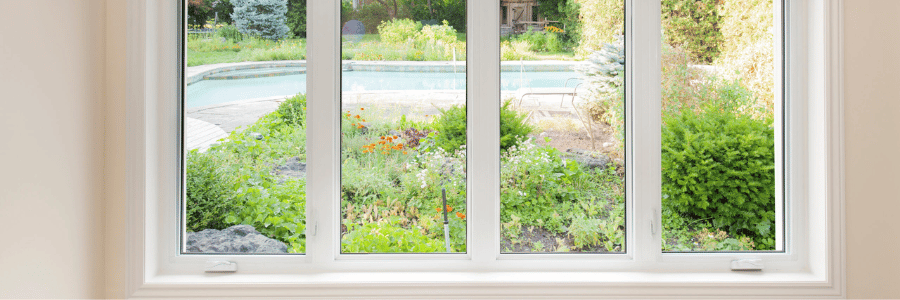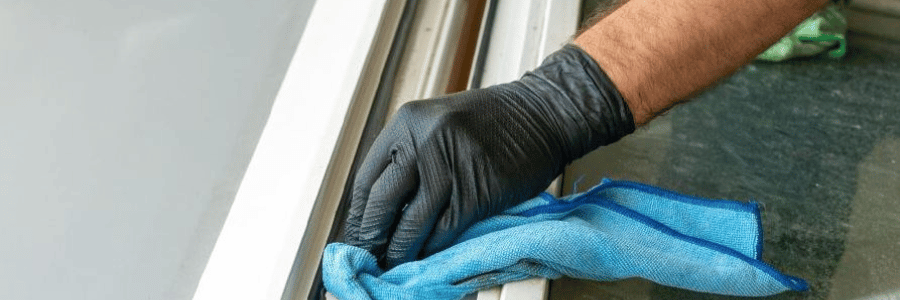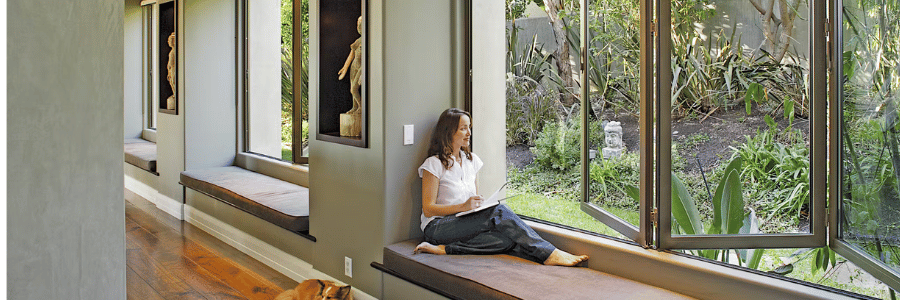When it comes to choosing windows for your home, one of the most important decisions you’ll face is whether to go with fixed or operable windows. Both types of windows offer distinct advantages, but understanding the key differences between them can help you make the best choice for your needs, style, and budget. In this post, we’ll break down the pros and cons of each window type to help you decide which is right for your home.
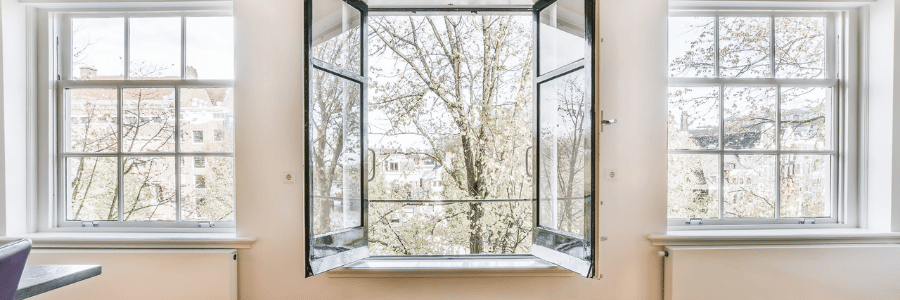
What Are Fixed Windows?
Fixed windows are designed to stay in place, offering no ability to open. These windows are often used for aesthetic purposes or to allow natural light into a space without the need for ventilation.
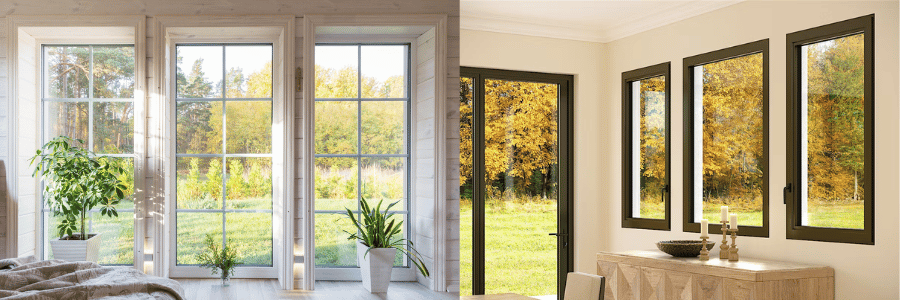
Advantages of Fixed Windows:
- Energy Efficiency: Since fixed windows don’t open, they seal tightly, providing superior insulation and preventing drafts. This makes them a great choice for energy-conscious homeowners who want to minimize heating and cooling costs.
- Enhanced Views: Fixed windows can be larger than operable windows, making them perfect for framing a beautiful view or creating a panoramic sightline.
- Maintenance-Free: With no moving parts, fixed windows require less maintenance. There’s no risk of hardware malfunction or wear over time, which means fewer repairs.
- Security: Because they don’t open, fixed windows can be harder to tamper with, adding an extra layer of security.
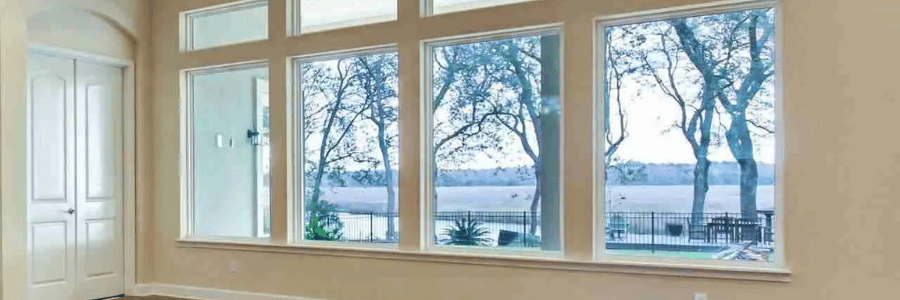
Disadvantages of Fixed Windows:
- No Ventilation: If you rely on fresh air for ventilation, fixed windows might not be ideal. These windows can’t be opened to allow for airflow.
- Limited Functionality: Fixed windows don’t offer the versatility of opening to let in a breeze or regulate indoor temperature naturally.
What Are Operable Windows?
Operable windows, on the other hand, can be opened and closed, providing ventilation and an option for fresh air. These windows come in various styles, including casement, double-hung, sliding, and awning windows, each with different opening mechanisms.
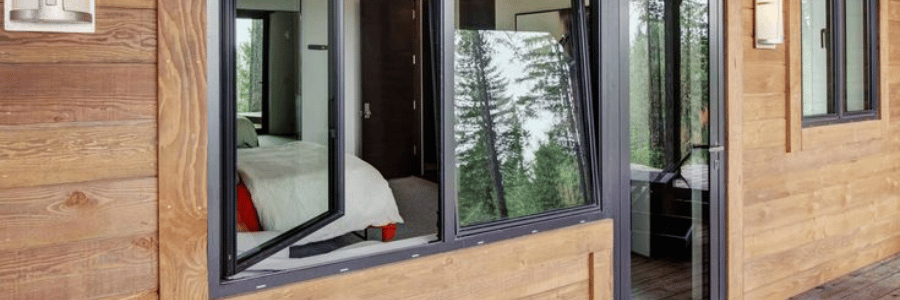
Advantages of Operable Windows:
- Ventilation: The most significant benefit of operable windows is the ability to bring fresh air into your home. This can improve indoor air quality and provide natural cooling when the weather allows.
- Control Over Indoor Climate: With operable windows, you can adjust the airflow and temperature within your home, providing a level of comfort that fixed windows cannot.
- Variety of Styles: Operable windows come in many designs, from traditional double-hung windows to modern casement or sliding models. This variety allows you to choose the best fit for your home’s style and functional needs.
- Emergency Egress: In some cases, operable windows are required by building codes as an emergency escape route. For example, basement windows that open can provide a safe exit in case of fire.
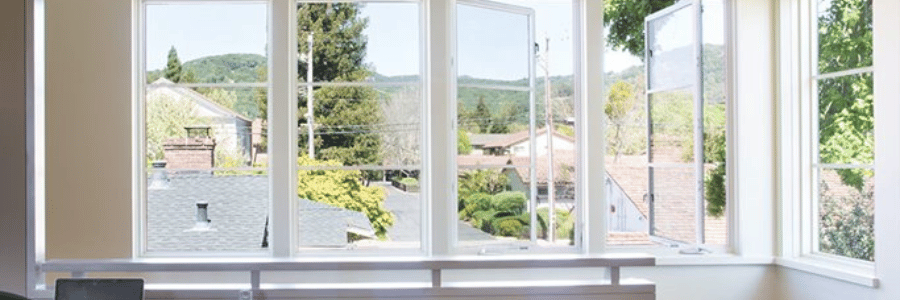
Disadvantages of Operable Windows:
- Maintenance: Operable windows have more moving parts, which can wear out over time. The tracks, hinges, and hardware may require periodic maintenance to ensure smooth operation.
- Energy Efficiency: Although modern operable windows are designed to be energy-efficient, they are typically not as airtight as fixed windows. This can result in more energy loss through drafts and gaps.
- Security Concerns: Because operable windows can be opened from the inside, they may pose a security risk if not properly secured.
Factors to Consider When Choosing Between Fixed and Operable Windows
1. Ventilation Needs
- If your primary concern is ventilation, operable windows are the clear choice. They allow for fresh air and natural cooling, which can be especially beneficial in rooms that get stuffy or lack air circulation.
- However, if you’re designing a space where airflow isn’t a major concern—such as a hallway or living room—fixed windows can still provide ample light and an uninterrupted view.
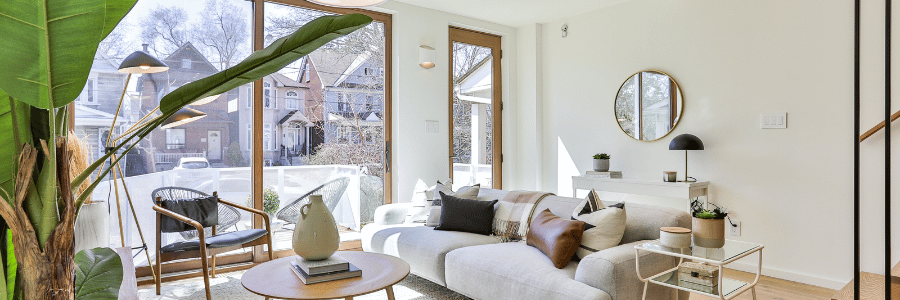
2. Energy Efficiency
- Fixed windows generally offer superior insulation, reducing the likelihood of heat loss or gain. They are ideal for energy-conscious homeowners who want to improve the energy efficiency of their homes.
- Operable windows, while efficient, may not be as airtight as fixed options, especially if the window seals or hardware degrade over time. If you live in a climate with extreme temperatures, fixed windows might be a better long-term solution.
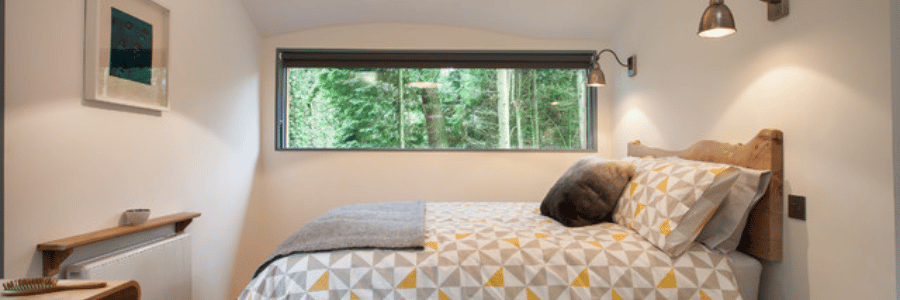
3. Aesthetic Preferences
- Fixed windows allow for larger expanses of glass, making them perfect for framing expansive views or letting in more natural light. They’re often used in modern or minimalist designs where the focus is on the glass itself rather than the window’s functionality.
- Operable windows offer more design variety, giving you the flexibility to match the style of your home, whether you prefer traditional or contemporary aesthetics.
4. Budget Considerations
- Fixed windows tend to be less expensive than operable windows, primarily because they don’t have the additional moving parts or hardware. If you’re on a tight budget but still want to maximize light and views, fixed windows can be a cost-effective option.
- Operable windows are generally more expensive, especially when considering installation and maintenance costs. However, if the ability to control ventilation is essential, the additional cost may be worthwhile.

5. Safety and Security
- If security is a concern, fixed windows are a great option because they cannot be opened from the inside. They can also provide a more robust seal against break-ins.
- Operable windows should be equipped with locking mechanisms and properly maintained to ensure they stay secure when closed.

Where to Use Fixed vs. Operable Windows
- Fixed Windows: Great for areas where you want natural light without sacrificing insulation or airflow, such as living rooms, sunrooms, or spaces with a scenic view.
- Operable Windows: Ideal for kitchens, bathrooms, bedrooms, or any room where ventilation is important. These windows can be opened to bring in fresh air and promote better indoor climate control.
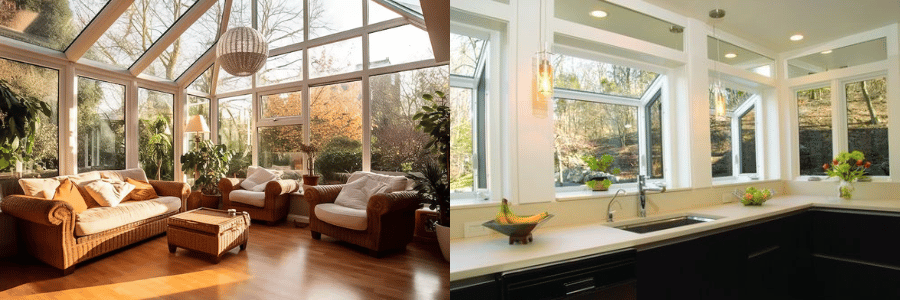
Conclusion
Both fixed and operable windows have their place in home design, and the right choice for you will depend on your priorities. If you value energy efficiency, a sleek design, and a clear view without the need for ventilation, fixed windows might be the way to go. However, if fresh air and the ability to control airflow are essential, operable windows offer more versatility.
Ultimately, a combination of both types of windows is often the best approach. Consider using fixed windows in areas where ventilation isn’t a concern, and opt for operable windows where airflow is crucial. By carefully considering your home’s needs and your aesthetic preferences, you’ll be able to choose the right windows that bring both functionality and beauty to your space.

